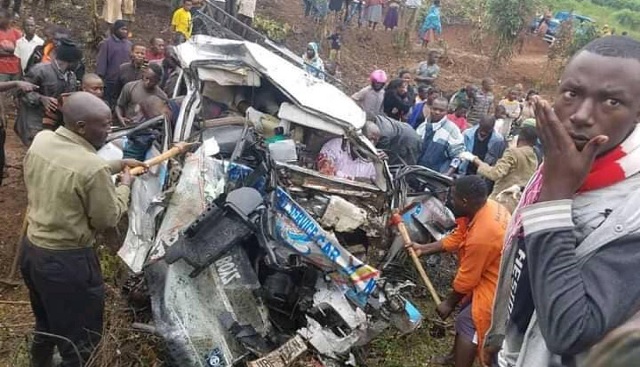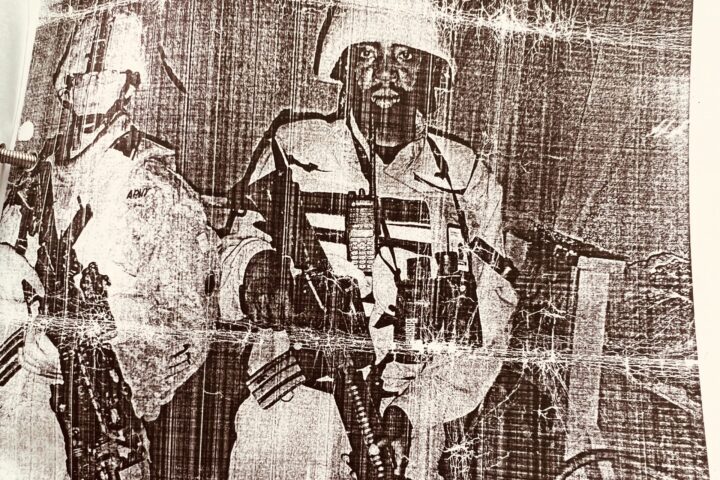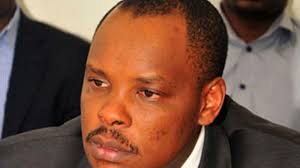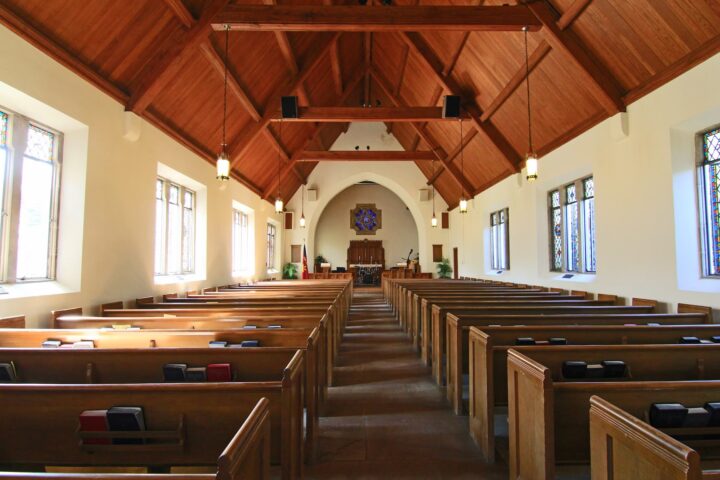As a radio producer for the top rated talk show, Andrew Mwenda Live, I delighted in engaging in debates with David Mafabi before and after his appointment as a Presidential advisor. Mafabi’s most “disturbing” habit as a radio guest however was his unique ability to sound like a literature teaching assistant in the 1940’s who relished the sound of words-typified best in Wole Soyinka’s colorful character, Lakunle in “The Lion and the Jewel”. While capable of thinking in broad terms, Mafabi often succeeded in bedazzling guests on the show with his “voca” [ vocabularly] and confusing listeners with the so called new “construct” for such challenges as his pet subject on African led integration.
Am happy to debate Mr. Mafabi and I invite other Ugandans to do the same. I also want to borrow from President Yoweri Museveni and declare that David Mafabi is an “obscurantist” as are several commentators who white wash the real challenges that Ugandans face today firstly by painting them as challenges of the NRM regime and treating alternative arguments as coming from those opposed to the regime.
Mr Mafabi should impress Ugandans with bright solutions and not political speeches.
Daily Monitor allowing I would like to prove in fact little in way of new ideas comes from Mafabi to warrant thanks of the tax payer who pays no less than 2.6 billion every year to support advice for the Presidency.
I will start with Uganda’s energy sector. Rather than wait for the knives to come out, me and the political editor of the Daily Monitor, Charles Mwanguhya proposed to have Uganda’s Petroleum agreements made public. We are currently considering court action after the Ministry of Energy and Minerals and the Attorney General’s office declined our request. Our argument is that tensions observable in several other environments have pointed to oil being a resource curse. In response we have proposed an inclusive system, where the challenges and opportunities of oil are thoroughly discussed among key local and institutional players.
Currently public confidence in ‘government’ handling of public issues from corruption and waste in CHOGM contracts to questionable debt write-offs and a myriad of other examples show Ugandan citizens with good reason continue to lose faith in many government-led programs.
The public discussion was meant to help repair the public distrust and inoculate the process from future challenges that have made turned other African oil producers into violent, corrupt and environmentally wasted areas.
This has little to do with one being an “oppositionist” or some other literary concoction Mafabi may dream up to isolate critical voices. What the situation requires is a rethink on how to protect public funds. Luckily Ugandans today are more interested in what happens to public money.
Even if it is a future resource land tensions in Buliisa have led the way in pointing to potential problems in the oil sector. The secrecy of the government over agreements it has signed with oil companies or may sign in the future is not a good sign especially when the public is confronted with the full scale of official corruption.
In an interview I had sometime in September with Energy Minister Daudi Migereko he said that countrywide consultations on the new Oil and Gas policy will put the issues before the Ugandan public. This is encouraging, except for the fact that the Ministry and its leadership have a long history of “obscurantism”. Recently reportedly presenting a paper on climate change at the World Bank, Migereko repeated the false mantra blaming the energy crisis in Uganda on climate change.
Changing global weather may be this generation’s challenge but in resource rich Uganda, the collapse of the energy sector is man made. Even today the Ministry lies about the real demand for electricity and has refused to take responsibility for wasting billions in a useless dam extension project while saddling Ugandans with expensive diesel generated electricity.
Former Energy Minister Syda Bumba is yet to face a government commission of inquiry on the failure of that project even if there is some evidence bureaucrats could have taken bribes. Even more disturbing is that Uganda’s dam extention project is draining Lake Victoria – helping downstream Egypt increase inflows for its electricity and water needs.
Advisors of President Museveni urge him to throw the blame on MP’s for the Bujagali saga? How ridiculous! For a President capable of taking the country to war without consulting MP’s, whose defence budget has exceeded a trillion shillings in the past 20 years ( compared to the 400 billion on agriculture) who can believe that some MP’s can stand in the way of a key national project? Did MP’s stand in the way of constitutional amendments in 2005 that allowed Museveni to run again?
Now Migereko wants to cash in on the global concern for climate change by blaming what have really been bad choices by his Ministry on the weather.
Climate change will remain a challenge as will power production but not for the lack of better choices that can help improve matters. Uganda does not need to beg for handouts to fix its problems. There is not just abundant talent but abundant resources in Uganda. Ever an obscurantist, Mafabi says Uganda’s intelligentia have wrongly suggested solutions to national problems can be found in the “international community”. Who turned Uganda into “a darling of the international community?” To quote Prof. Mahmood Mamdani in explaining the crisis in higher education that is eroding confidence in public universities like Makerere, it is the Uganda government that lapped up the policies of the international community “with the tenacity of a convert”.









